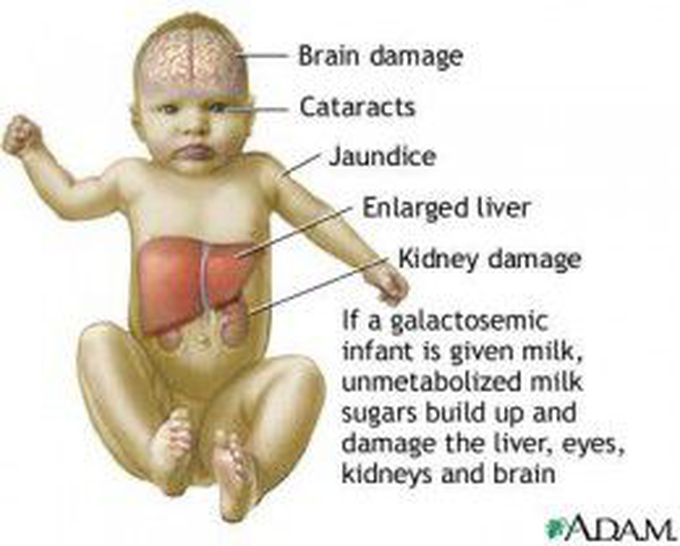


Maple Syrup Urine Disease
Maple syrup urine disease is an autosomal recessive disease which affect metabolism of branched-chain amino acids due to deficiency of alpha-ketoacid dehydrogenase. Even though it occurs intermittently, but the effects are so severe that may result in intoxication, leading to cerebral edema and coma. The course of the disease, if not timely diagnosed and treated, is as follows: 12-24 HOURS: Abnormal levels of branched-chain amino acids present in blood and cerumen, giving the characteristic maple-like odor. TWO TO THREE DAYS: Signs of intoxications e.g., anorexia and irritability FOUR TO FIVE DAYS: Worsening encephalopathy. Subsequent opisthotonus may occur. Maple syrup odor may now be detected in urine. SEVEN TO TEN DAYS: Central respiratory depression, cerebral edema, and coma. Diagnosis is generally based on levels of whole-blood amino acid ratios. MANAGEMEMT - Dietary restriction of branched chain amino acids - Supplementation with isoleucine and valine - Frequent monitoring - Acute intoxication is treated by countering the precipitating factor as well as administration of insulin and free amino acids Source Maple Syrup Urine Disease https://www.ncbi.nlm.nih.gov/books/NBK1319/ Image via https://edu.glogster.com/glog/maple-syrup-urine-disease/2e149mk9mc6?=glogpedia-source


